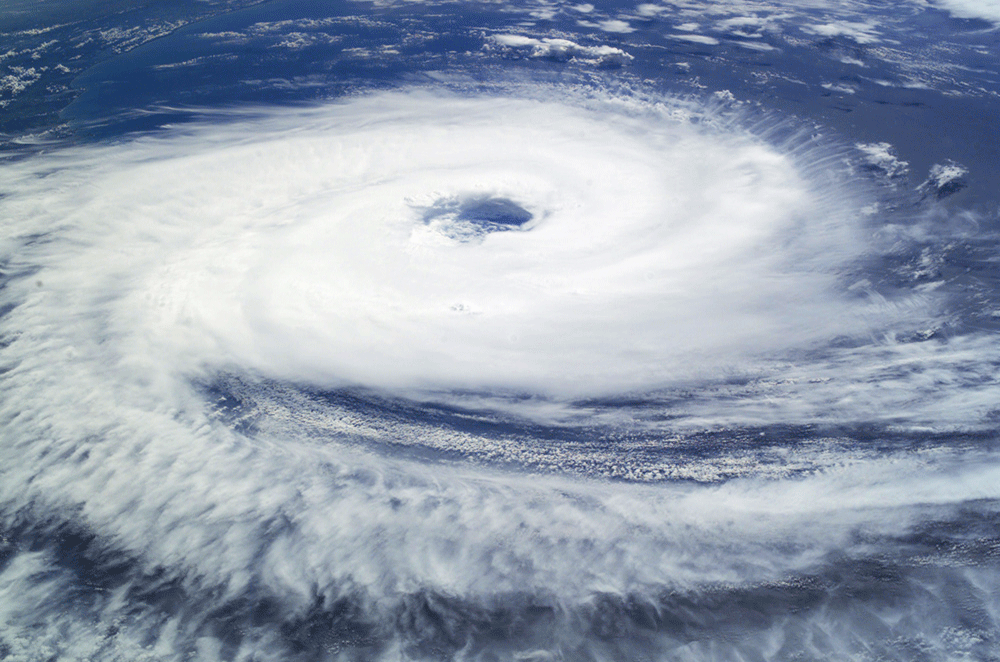Michela Degaetano lets us peek into the insurance sector
In June 2007, I completed a B.Sc. in Maths and Physics (University of Malta). I was always interested in studying natural hazards so I pursued an M.Sc. in the Science of Natural Hazards (University of Bristol). During my degree, I researched the mechanics behind landslides and returned to Malta in 2009 after completing my degree.
Due to limited opportunities, I did not read for a Ph.D. After some thought, I gave the financial sector a try since I wanted to apply my mathematics degree to the business world. I sat for two exams, one in financial mathematics and another in statistics. Then I started working for PSA Insurance, a subsidiary of Peugeot Citroën Bank whose headquarters are in Paris.
Initially, my role was unclear, as I had no experience in insurance. Though the challenge was great, I strove to learn and improve. I represent the Actuarial Function of PSA and my role is to increase the predictability of future financial performance of existing insurance products by analysing quantitative data to reduce financial uncertainty. I work with Actuarial consultants in France and the UK. My responsibility for new products is to establish their price and create a business plan. I carry out detailed quantitative analysis and monitor their performance.
My biggest responsibility is the implementation of Solvency II within the company. Solvency II is a new set of regulatory requirements, which will become mandatory by 2016 for insurance firms that operate in the European Union. The system is not only about capital investments but covers corporate governance, supervisory reporting, and public disclosure; it re-enforces the need for insurance companies to build a solid risk management structure which will help protect the insurance company and customers against financial loss. Implementing this project has given me the opportunity to work with new departments and areas of the business, and coordinate team members to meet deadlines. Taking charge of the project’s quantitative requirements enabled me to use thinking skills I gained through my maths degree.
By being exposed to many company departments, in the last three years I gained substantial work experience. By shifting my career into the financial sector with PSA Insurance I managed to build a career that I would not have imagined possible during my undergraduate years.






Comments are closed for this article!